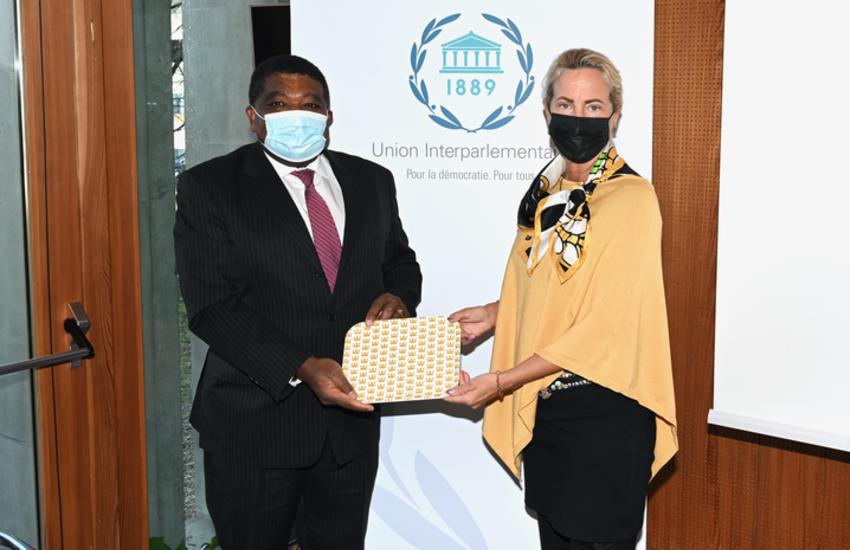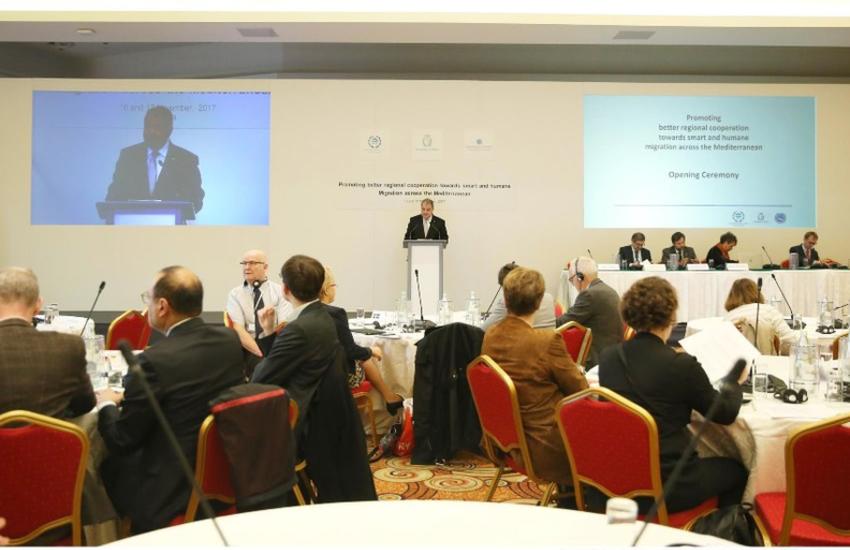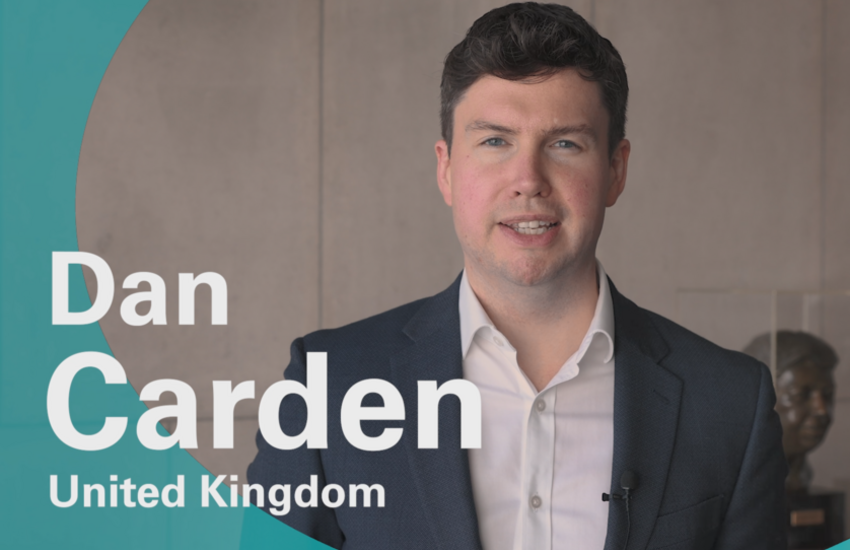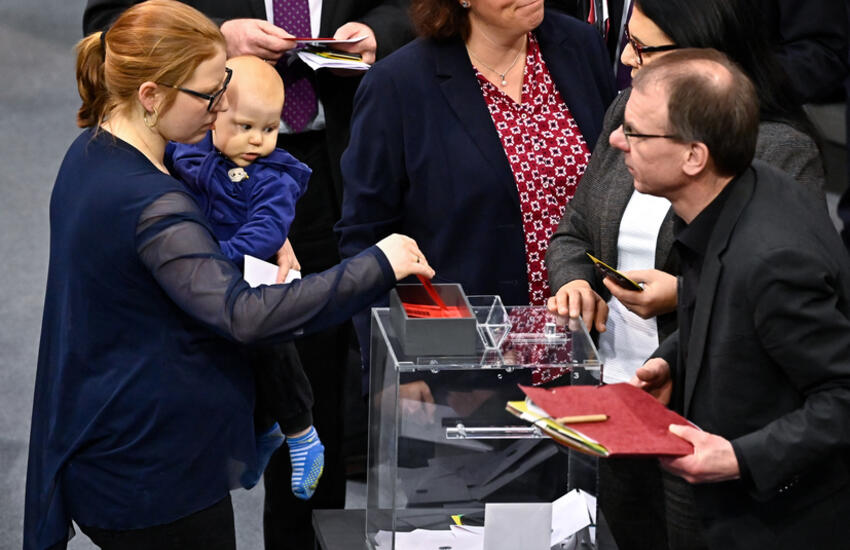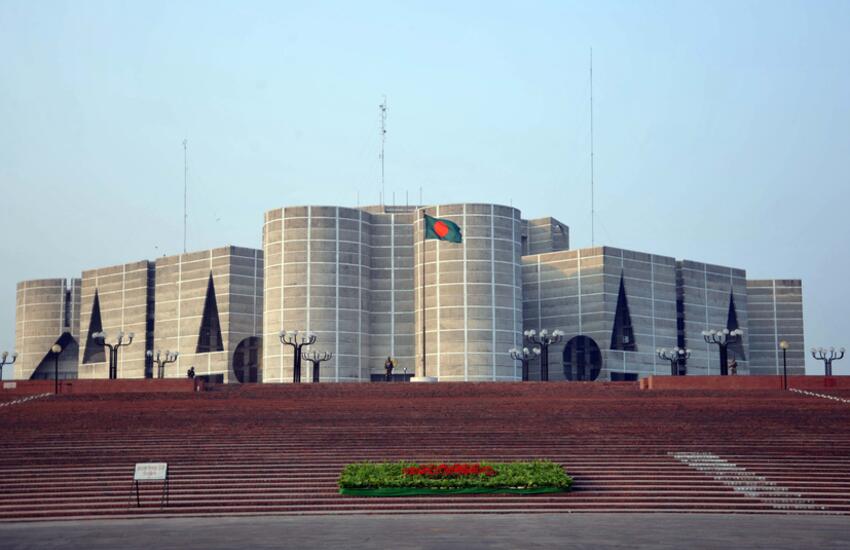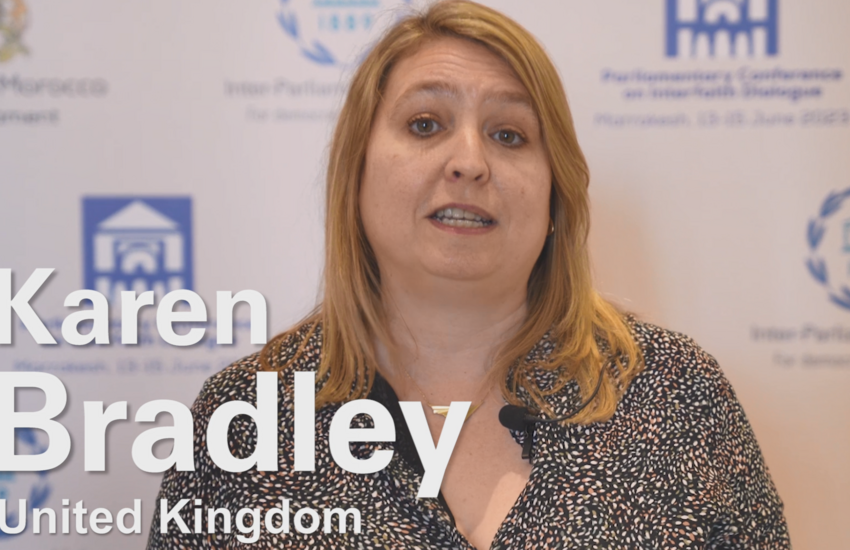To provide guidance in what can sometimes be a challenging and even dangerous space, the IPU has published a new Social Media Guide for Parliaments and Parliamentarians. The guide is designed as a practical tool on how to use social media in a safe and measured way while getting the maximum benefit from it.
The IPU published its first set of guidelines on social media use in 2013. But the online world has changed considerably since then. The COVID-19 pandemic has brought into sharp focus the indispensable role that social media plays in keeping people connected and allowing them to share information and opinions. And with restrictions on face-to-face meetings, parliaments and parliamentarians have intensified their social media presence as a way of maintaining contact with the people they serve.
“Social media platforms are places where parliaments can listen, educate and engage,” said IPU Secretary General, Martin Chungong. “But we are mindful that social media also has a dark side. Disinformation and deliberate attempts to disrupt democratic processes are well reported. That’s why it’s vital that parliaments and their members understand the risks and challenges to manage their social spaces safely and effectively.”
The original guide in 2013 focused on parliaments and parliamentary staff. This newly updated version is expanded to also include Members of Parliament themselves. While the way institutions use social media is usually more formal compared with parliamentarians, much of the information and good practice advice is useful for both audiences.
The guide is in two parts. Part one is designed as a “playbook” - a set of informal ideas that follow the logical sequence of a typical social media campaign. The playbook helps develop social media skills and encourage thinking about how to conduct a successful campaign.
Part two contains a series of case studies showing how parliaments have used social media to engage with their public. Each of the five case studies (from Denmark, Finland, Slovenia, Sweden and the United Kingdom) offers insights into what worked, what didn’t work, key lessons and advice to other parliaments.
The guide is most importantly a tool to help generate a better return on the investment in social media. There are many things that can be done to make it work better. These include first establishing a clear understanding of the overall objective, taking the time and care in planning the project or campaign, and conducting a thorough and ongoing evaluation to analyse what is and isn’t working. And above all, accommodating for the impersonal nature of digital spaces.
The impersonal quality of social media makes it a natural target for abusive behaviour. Being mindful of this possibility, preparing for it and understanding how to manage it helps maximize the returns.
Social media’s dynamism and ever-changing landscape cannot be overstated. The guide underlines the importance of planning and measuring the effectiveness of posting on social media. A careful analysis of what happened is also critical to making the necessary adjustments in terms of frequency, channel, tone and content.
The publication was produced with the financial support of the European Union, in partnership with the International Institute for Democracy and Electoral Assistance (International IDEA), as part of INTER PARES | Parliaments in Partnership, the EU’s Global Project to Strengthen the Capacity of Parliaments.
***
The IPU is the global organization of national parliaments. It was founded more than 130 years ago as the first multilateral political organization in the world, encouraging cooperation and dialogue between all nations. Today, the IPU comprises 179 national Member Parliaments and 13 regional parliamentary bodies. It promotes democracy and helps parliaments become stronger, younger, gender-balanced and more diverse. It also defends the human rights of parliamentarians through a dedicated committee made up of MPs from around the world. Twice a year, the IPU convenes over 1,500 parliamentary delegates and partners in a world assembly, bringing a parliamentary dimension to global governance, including the work of the United Nations and the implementation of the 2030 Agenda for Sustainable Development.
For more information about the IPU, contact Thomas Fitzsimons at email: [email protected] or [email protected] or tel: +41(0) 79 854 31 53






